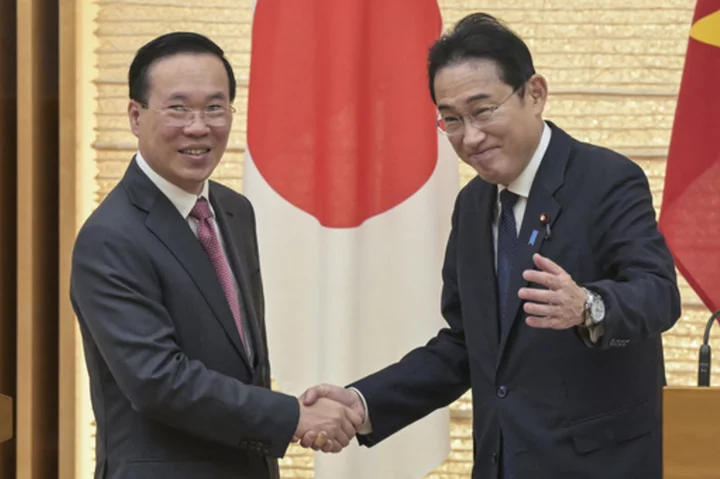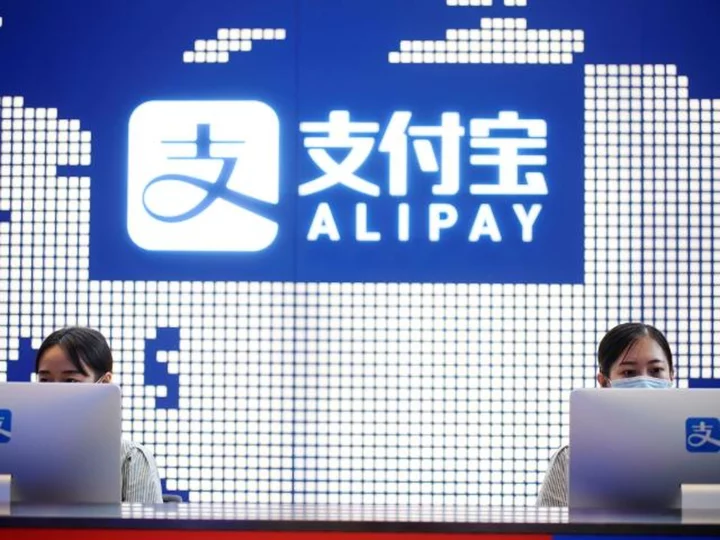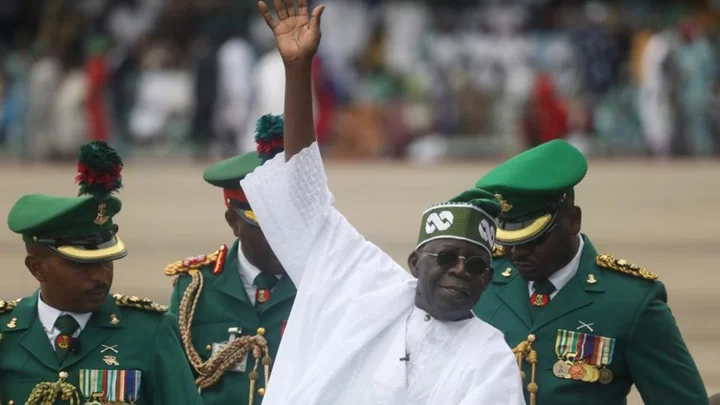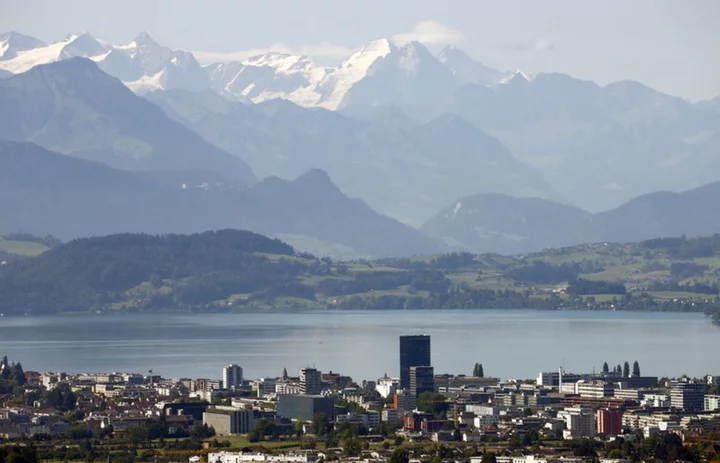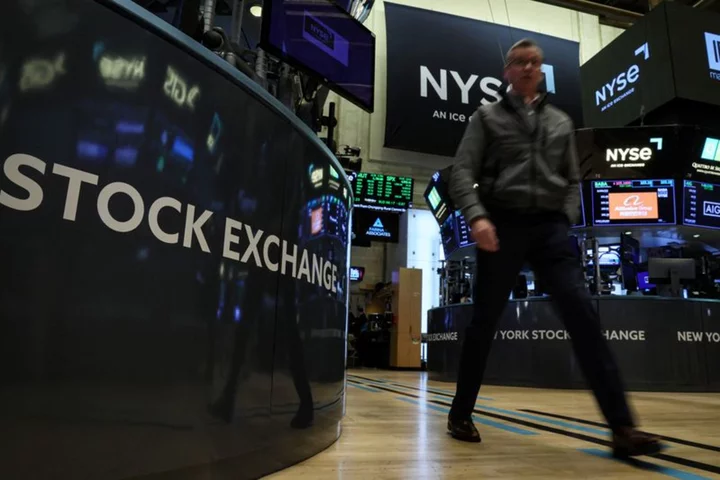TOKYO (AP) — Japan and Vietnam on Monday agreed to strengthen their security and economic ties in the face of China’s growing influence in the region.
Japanese Prime Minister Fumio Kishida and Vietnamese President Vo Van Thuong held talks in Tokyo and agreed to broaden their security cooperation, work on defense equipment and technology transfers and start discussing a new Japanese aid program for militaries of like-minded developing countries in the region.
The two leaders said the Japan-Vietnam relationship would become a “comprehensive strategic partnership," bringing their ongoing cooperation to “new heights and to further expand it to new fronts,” according to their joint statement provided by Japan’s Foreign Ministry.
Japan has been rapidly developing closer ties with Vietnam, a key southeast Asian country that has important security and economic roles in the region faced with China’s rise and rivalry with the United States and other Western nations.
Monday's announcement meant that Japan has now gained the status of Vietnam’s top-tier partners, along with the United States, China and India.
At a joint news conference after their meeting, Kishida said Vietnam is “a key partner in achieving a free and open Indo-Pacific.” Thuong said that close cooperation between the two countries contributes to the region's peace and prosperity.
Under the Official Security Assistance, Japan recently agreed to provide a coastal surveillance radar to the Philippines, another strategically important Southeast Asian country for Japan and the U.S. amid escalating tensions over Taiwan, which Beijing claims as its territory.
Kishida’s government in December adopted new security strategy, involving significant military buildup, including counterstrike capability in a major shift from the country’s postwar self-defense-only principle.
Japan in recent years has also provided a number of patrol vessels to Vietnam to help strengthen its law enforcement capability at sea. Vietnam is one of several countries defending their territorial interest against China in the disputed South China Sea. Japan has had a longstanding territorial dispute with China over islands in the East China Sea.
Kishida and Thuong agreed to expand their cooperation in wide range of areas from trade, climate change and economy to achieve a “free and open Indo-Pacific.”
Thoung, who is on a four-day visit as a rare state guest marking the two countries' 50th anniversary of diplomatic ties, is also to visit the Imperial Palace for a meeting and lunch hosted by Emperor Naruhito and Empress Masako. He is to give a speech at the Lower House, the more powerful of Japan's two parliamentary chambers, and visit a hydrogen energy facility in Fukuoka in southern Japan.

